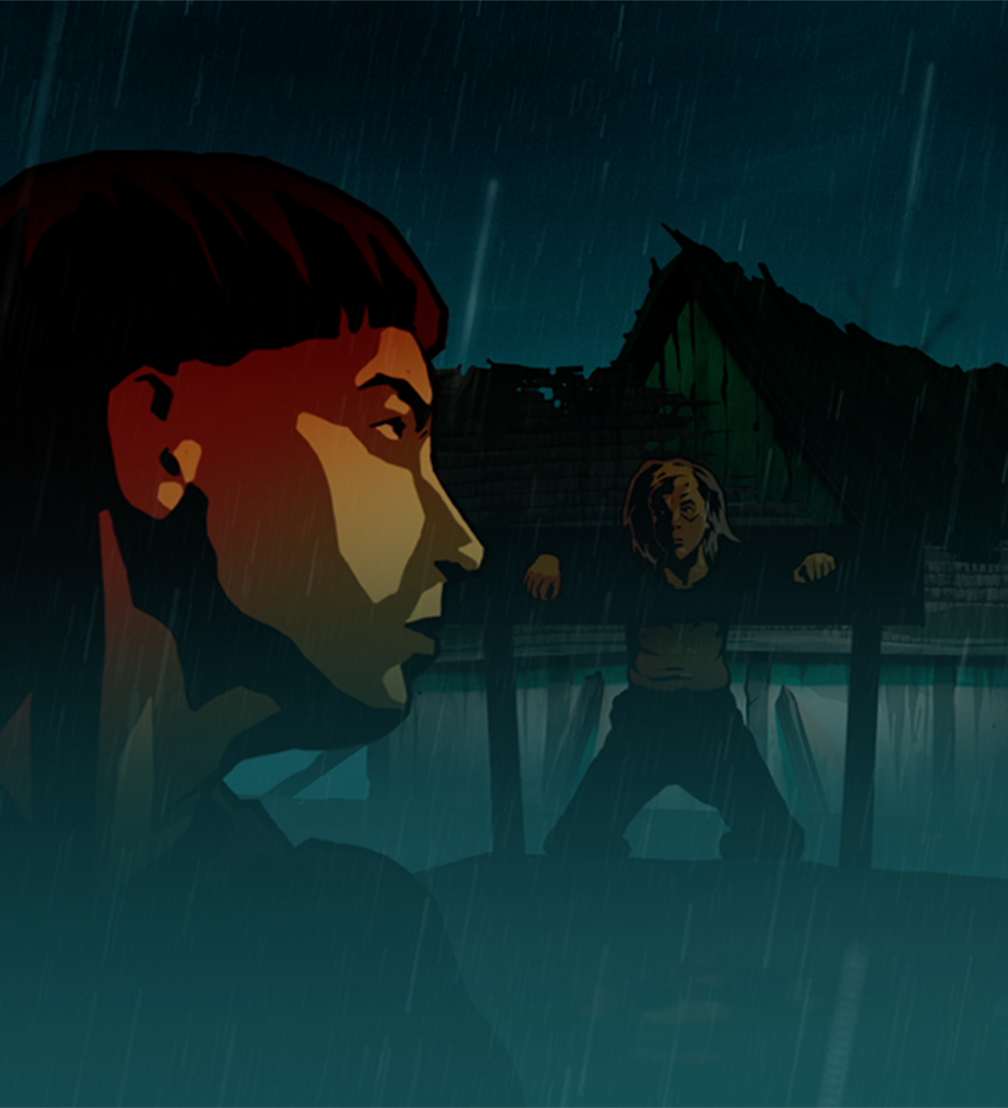
The experimental animation film Dog of God, a fairy tale for adults, by Lauris and Raitis Ābele, has been included in the prestigious film market programme Fantastic 7 of the Cannes Film Festival, which aims to support and promote the most talented young genre filmmakers. Dog of God is made using the rotoscoping technique, which uses filmed footage to create animation.
The plot of the film Dog of God by the Ābele brothers is rooted in a historical event: the most famous werewolf trial in Northern Europe, the case of Thiess of Kaltenbrun, in which an 82-year-old man bravely declared himself a werewolf or a Dog of God during a trial in a church, recounting his battles against witches and wizards in the depths of hell. «As anthropologists have studied, Livonian werewolves are not just evil creatures that transform into wolves; they resemble shamans, healers, horse-whisperers, or possibly tricksters. In any case, the audience will be entertained in a peculiar way,» say directors Raitis and Lauris Ābele.
The filmmakers interweave real historical events with fantasy. The film is set in Livonia, in the autumn of 1692, in what is now the Mālpils district in Zaube. Constant rain, short days, and dark nights form the backdrop to a series of mysterious and fascinating events that befall the inhabitants of the small town. When a church relic is stolen, a witch hunt begins, and the Dog of God arrives in the village, bringing a mysterious gift to the people.
«This project was created in close collaboration with our friend and visionary artist Harry Grundmann, and his imaginary world, brought to life by Aigars Gercāns, will take the viewer on an exciting, at the same time serious and wicked journey,» say the directors. Harry has chosen the rotoscoping technique for the film, which gained popularity in the 1980s but has since been somewhat forgotten. Video-based animation makes the characters’ movements more lifelike and realistic, and can be done relatively quickly.
When making Dog of God, after the script has been written, fairly precise storyboards were first drawn, adding movement to cue the actors as to the vision of the scene. Next, everything was filmed with the actors working in front of a blue screen. Harry notes that this can be challenging, as the actor needs to be able to convey expressive emotions that are visible in the animation, while being in an out-of-context environment. The footage was then converted into animation using EbSynth. The environment created for the film refers to real locations in Latvia, for example the church and the pub copy specific buildings in the Open-Air Museum in Riga. The locations were created in 3D and further redrawn to reduce the feel of the overly perfect model.
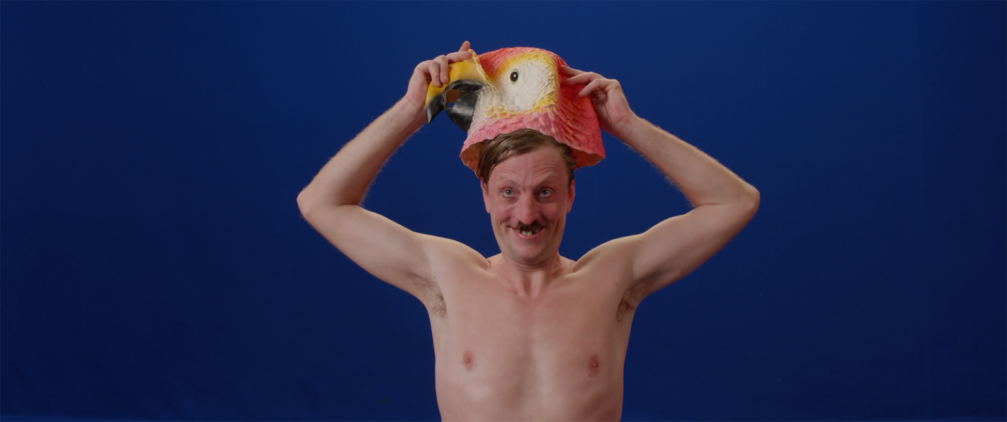
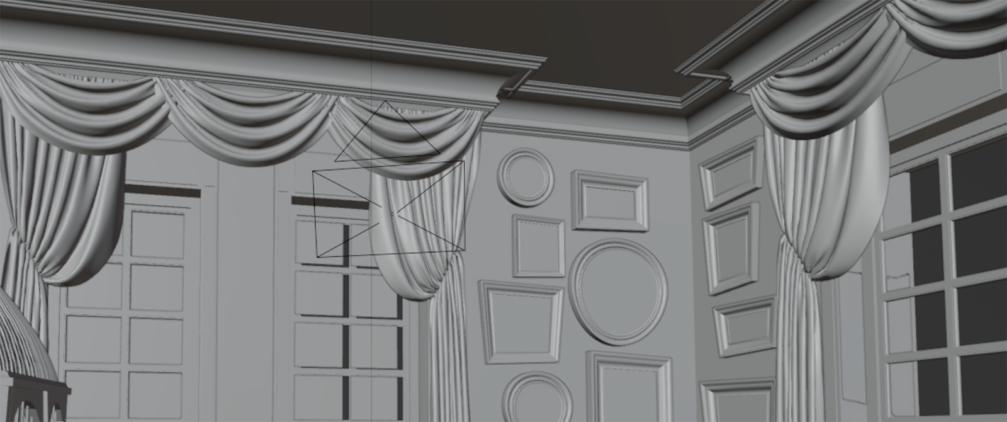
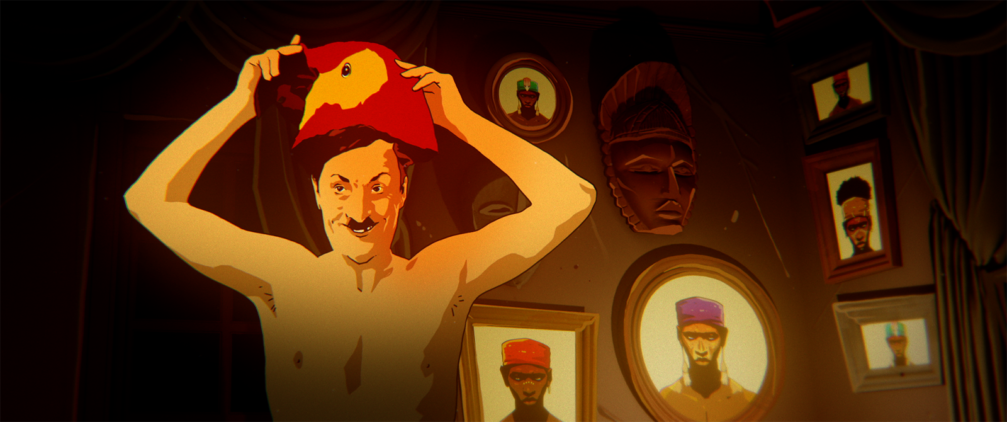
«Rotoscoping is not just a technique. It is the form of animation that has produced some of the most daring, audacious, and beautiful animated films. Watch anything by Ralph Bakshi, like American Pop (1981) or Fire and Ice (1983)! Watch the genre classic Heavy Metal (1981), which has influenced many modern films! Or for example the fresh The Peasants (2023) from the creators of Loving Vincent. All these works are something between film, animation, and dream,» says Harry.
The 77th Cannes Film Festival will take place from May 14 to 25 this year. It will be accompanied by the Marché du Film market, which will feature Dog of God in its Fantastic 7 programme. This programme gives seven filmmakers the opportunity to showcase their recent work to industry representatives, film distributors and producers, to forge new collaborations. Each year, seven high-profile film festivals are selected to nominate one film each. Dog of God has been nominated by Tallinn Black Nights Film Festival.
The screenplay was written by Ivo Briedis and the Ābele brothers, the main animation designer is Harry Grundmann, the main animator is Aigars Gercāns, and the cinematographer is Mārcis Ābele. Produced by Raitis Ābele (Tritone Studio, Latvia) and Kristele Pudane (Lumiere Lab, USA). Supported by the National Film Centre of Latvia (ERDF / REACT-EU project Growth of Latvian Film Industry Enterprises by Enhancing their Professional Capacity No 13.1.4.0/22/I/001).
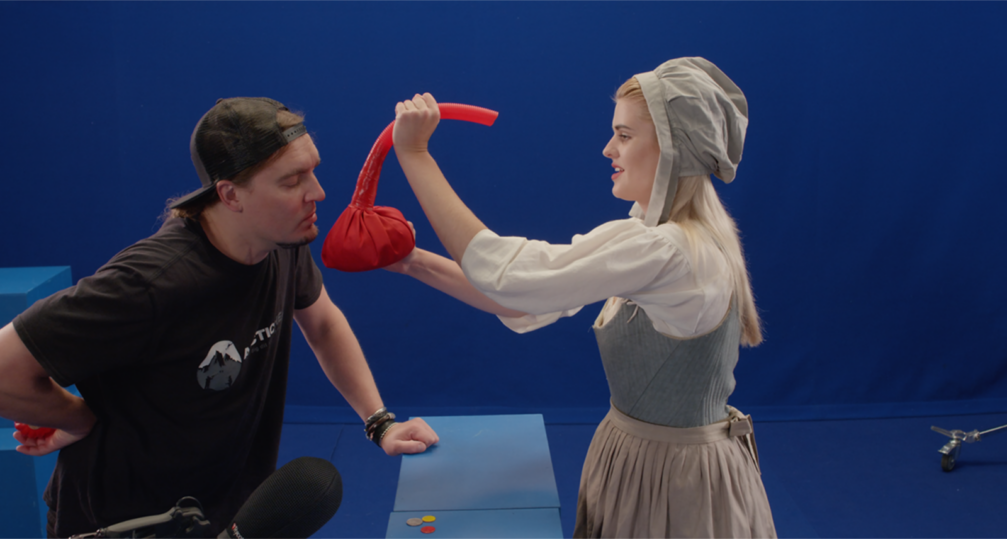
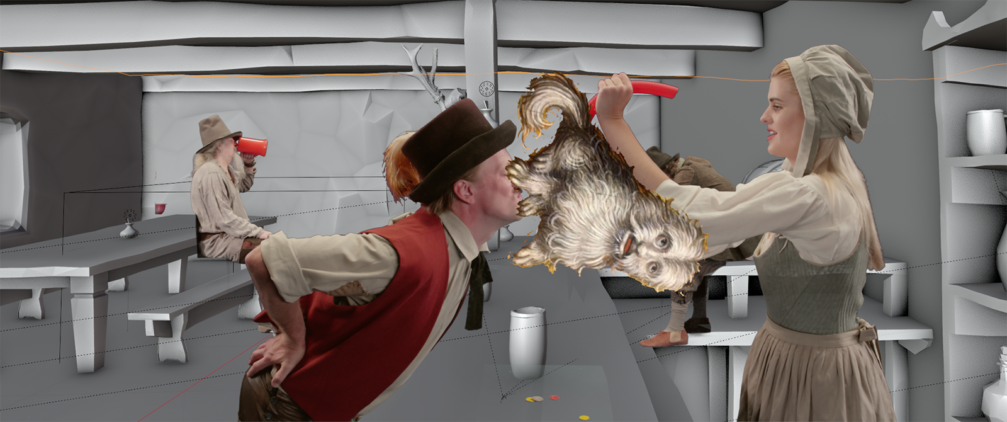
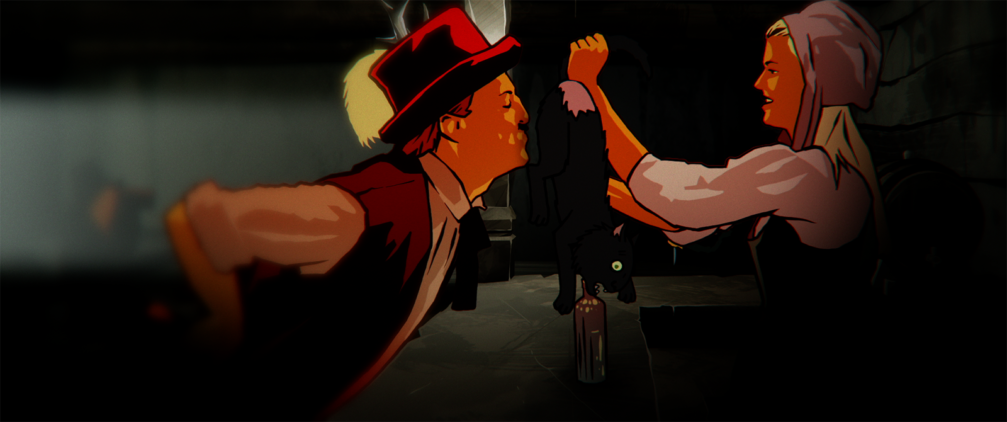
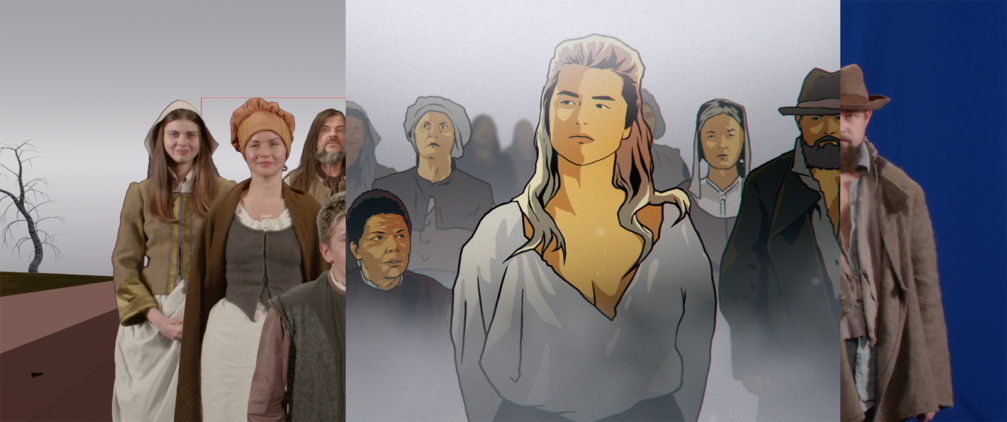
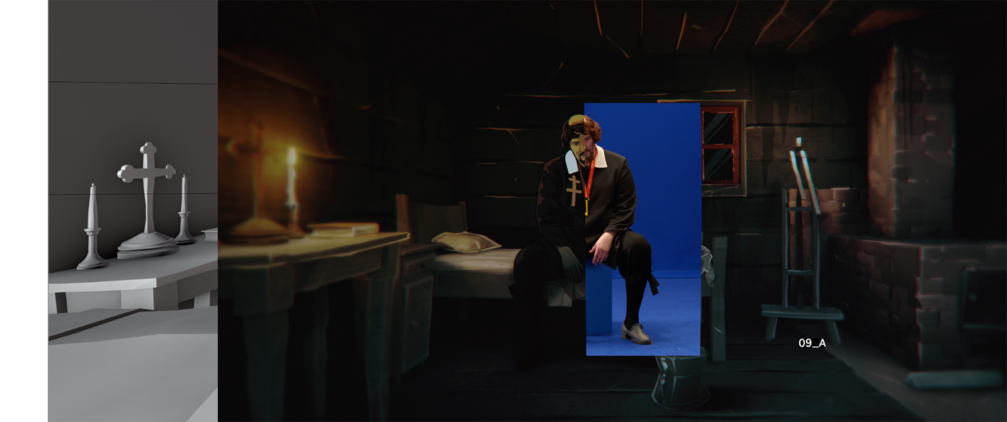
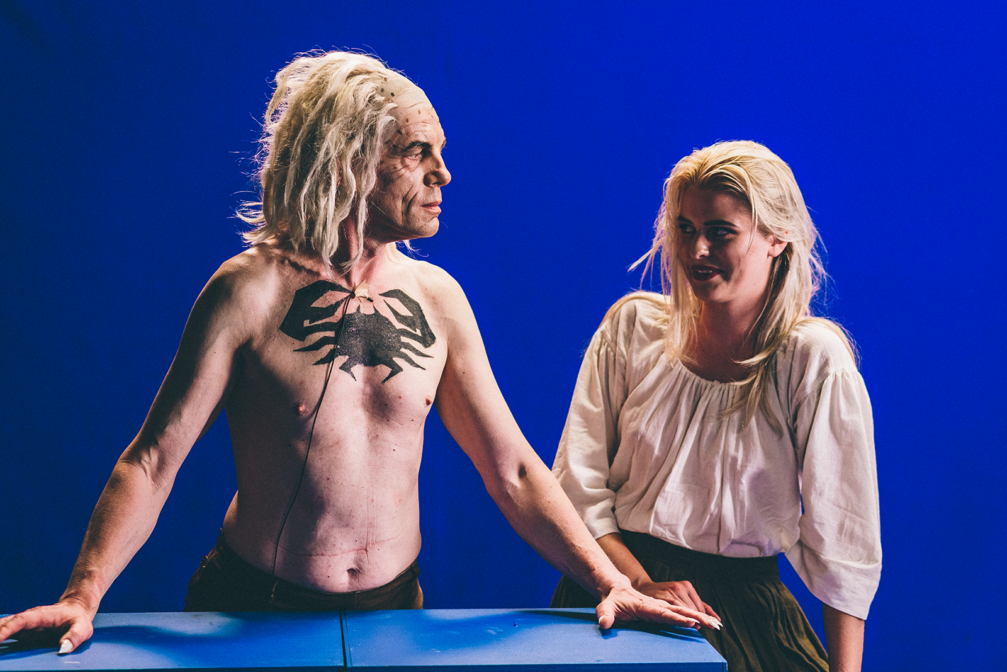
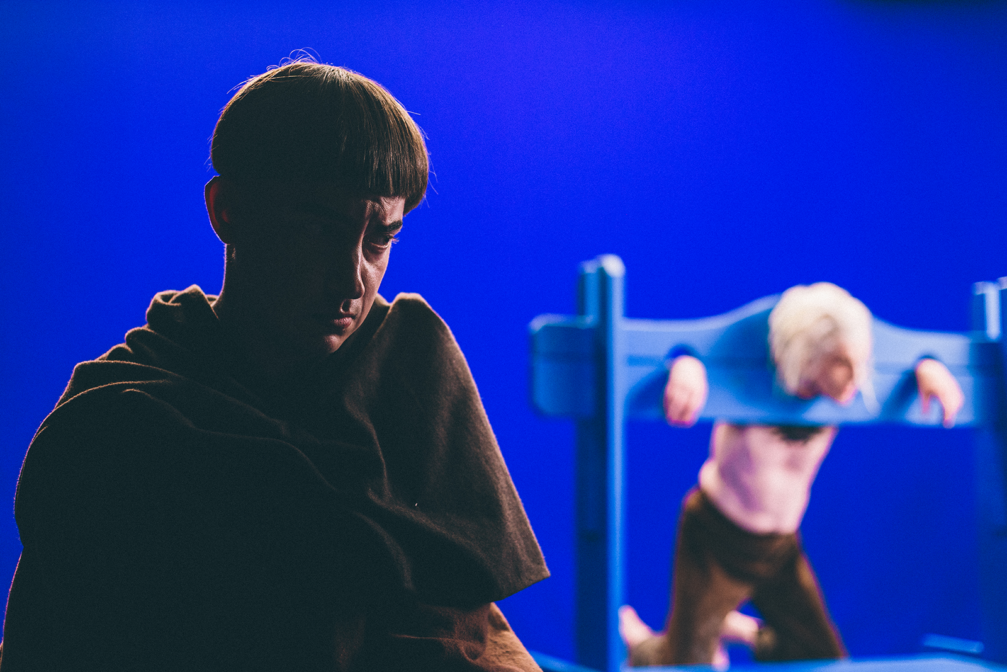
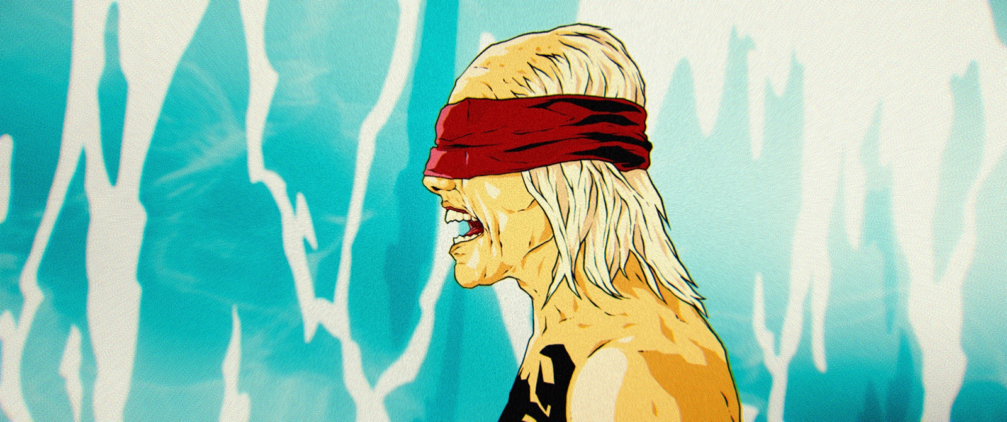
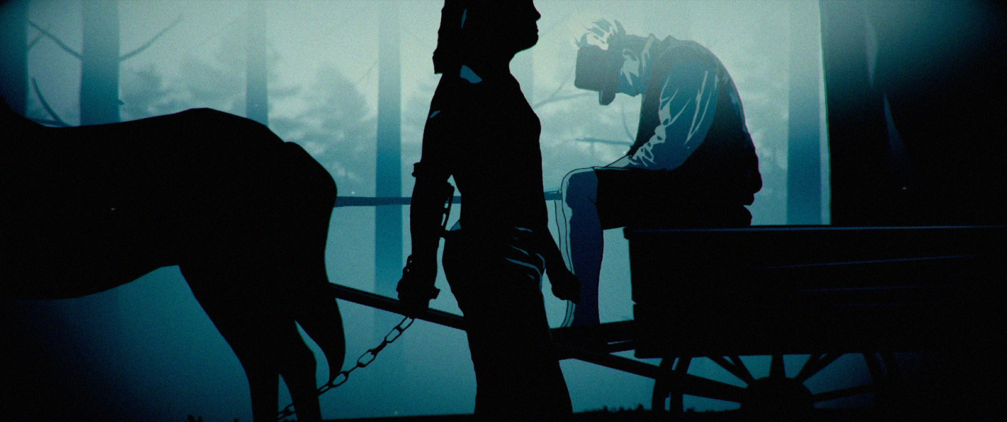
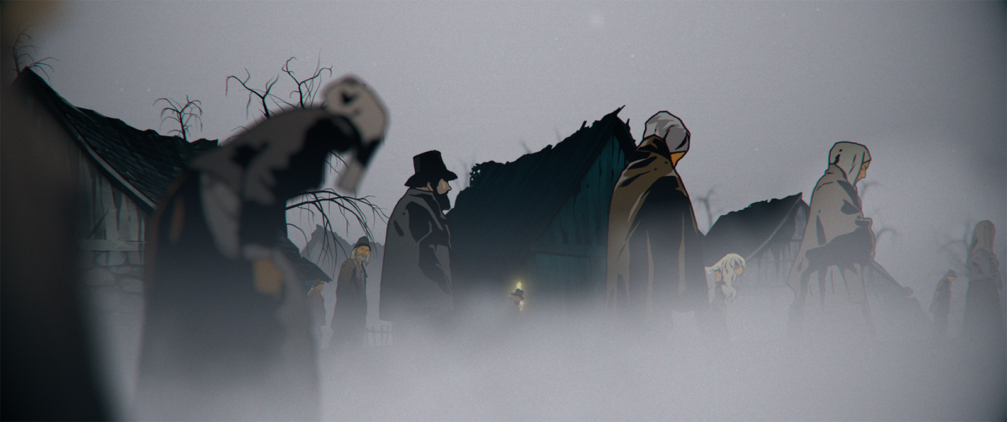
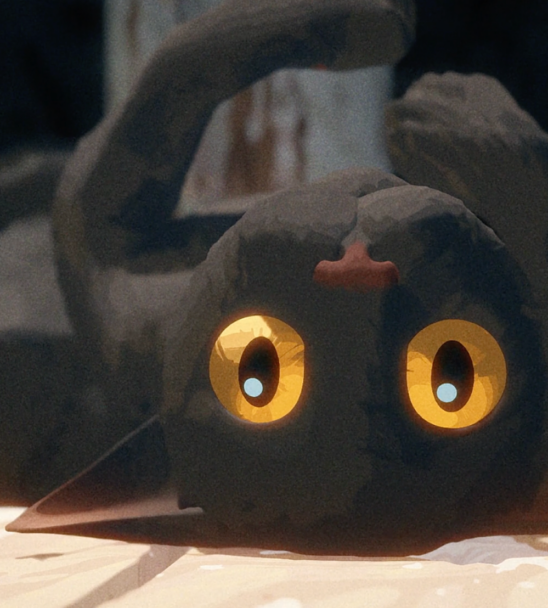
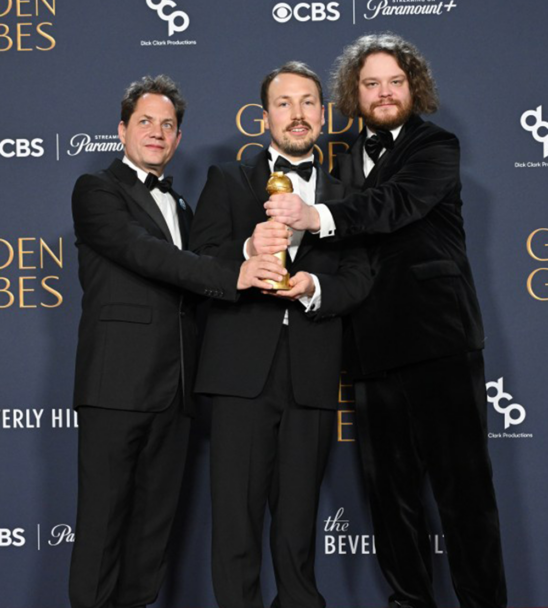
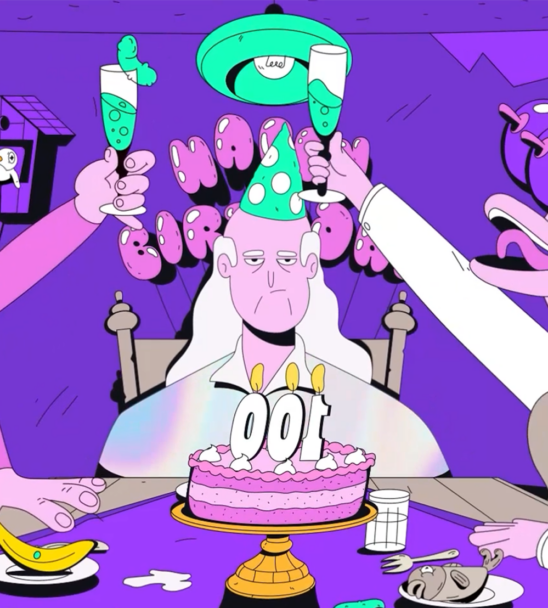
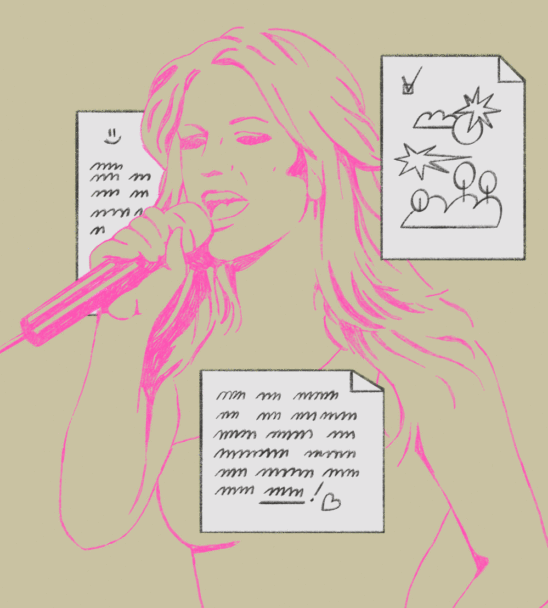
Viedokļi